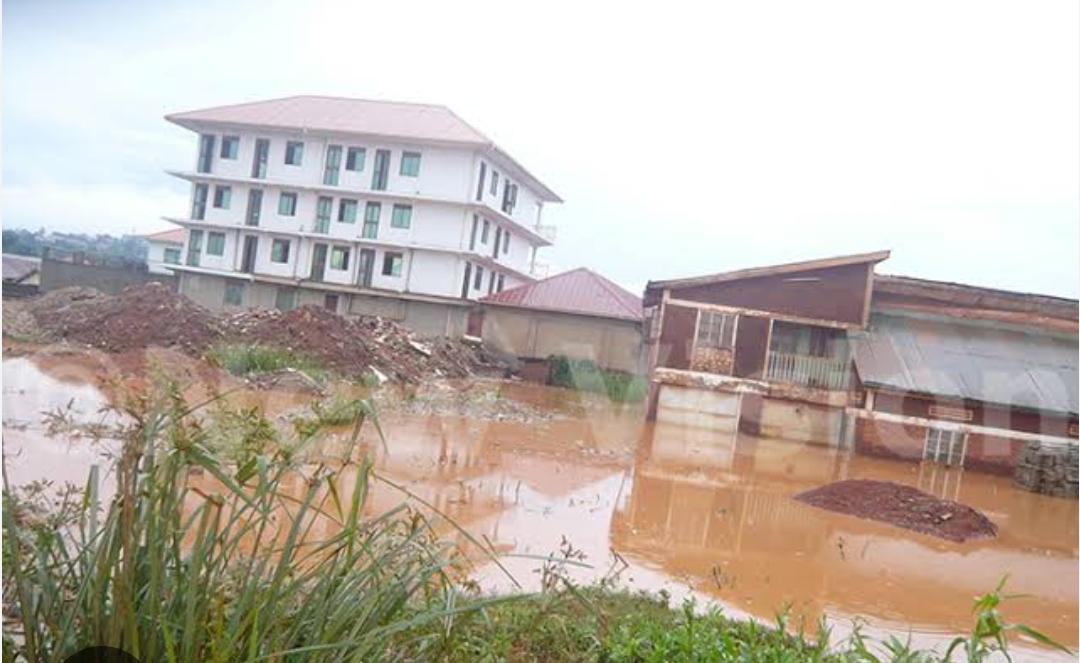Kampala’s wetlands are disappearing at an alarming rate, with new data showing that the city has lost more than 2,000 hectares of wetland over 56.6% since 1994.
The findings, presented during the Wetland Situational Analysis and Draft Kampala City Wetland Strategy meeting held Wednesday at Imperial Royale Hotel, have raised serious concerns among conservationists, government officials, and city planners.
The strategy, being developed by the Government of Uganda through Kampala Capital City Authority (KCCA), is a key step towards reversing the rapid degradation of these vital ecosystems.
According to the analysis, Kampala continues to lose wetlands at a rate of 7% per year, driven primarily by illegal settlements and industrial developments. Experts warned that if unchecked, this trend will lead to even more frequent flooding, poor water quality, and loss of livelihoods for thousands of urban residents.
Delivering opening remarks, Ivan Katongole, Deputy Director for Land Use, Planning and Development at KCCA, underscored the urgency of the matter.
“We do not and will not tolerate the illegal construction of buildings in wetlands. These activities are responsible for the destruction we are seeing, and they put the city at risk of major floods and environmental collapse,” Katongole stated.
Wetlands in Kampala serve as natural drainage systems, water filtration zones, and biodiversity hotspots. Their loss has already led to increased urban flooding, particularly during rainy seasons, and threatens the sustainability of water resources.
Dr. Ivan Bamweyana, a consultant with Subamu Investments Ltd who led the study, painted a stark picture of the growing threat.
“Rapid population growth and human activities are placing immense pressure on wetland ecosystems. If this trend continues, the environmental and economic consequences will be dire ranging from water contamination and flooding to the loss of livelihoods,” Bamweyana warned.
The research, which relied on advanced GIS (Geographic Information System) data, examined eight major wetlands including; Nakivubo, Kansanga, Kinawataka, Kalidubi, Lubigi, Walufumbe, Kyetinda, and Namalusu.
One of the most concerning findings revealed that the number of houses built in wetlands has surged from 20,958 in 2004 to 56,679 in 2024. The Lubigi Wetland emerged as the most encroached, with over 21,249 housing structures currently located within its boundaries.
Dr. Joash Watema, Project Manager at Subamu Investments Ltd, emphasized the need for strong enforcement mechanisms.
“While Uganda’s Constitution, policies, and ordinances provide robust protection for wetlands, implementation and enforcement remain weak. Without improved regulation and public awareness, we risk losing these critical ecosystems altogether.”
To support enforcement and planning, KCCA’s Flavia Zabali, a GIS Analyst, shared how spatial data and mapping are being used to inform development control.
“We provide data to help guide approval processes for infrastructure projects, especially in ecologically sensitive areas like wetlands. Our goal is to ensure that development is sustainable and aligned with environmental priorities,” Zabali noted.
Experts at the forum recommended the integration of wetland education into school curricula, starting from the primary level, and called for intensified public sensitization.
As the Draft Kampala City Wetlands Strategy moves toward finalization, stakeholders expressed optimism that, with collective action and political will, Kampala can reverse the current trends and restore its wetlands for a resilient urban future.




